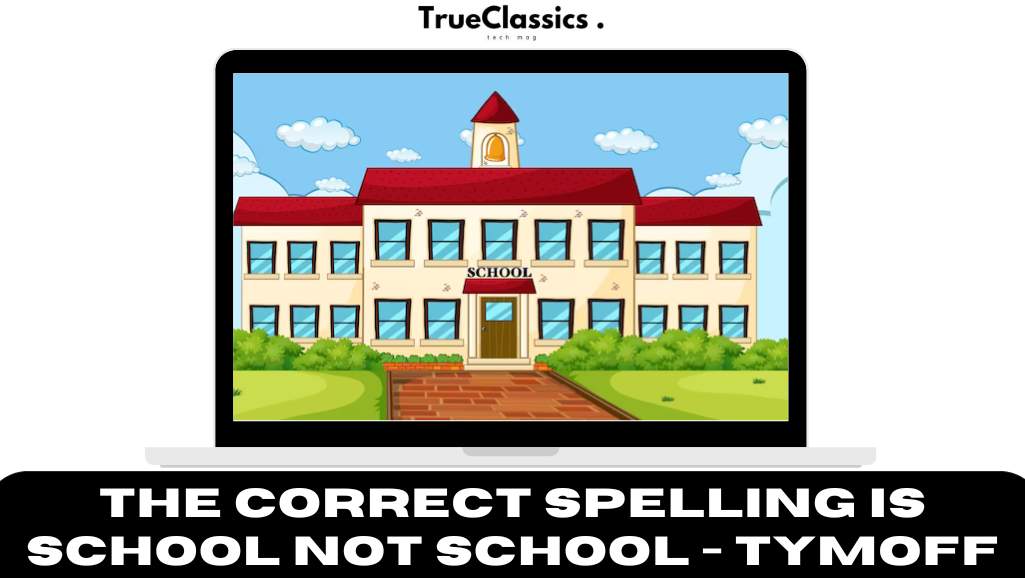Language, an ever-evolving entity, often surprises us with its intricacies and idiosyncrasies. One such enigma lies in the spelling of the word “school.” While it might seem straightforward, various iterations and misconceptions have led to a perplexing situation. This article delves deep into the origins, historical context, and the reasons behind the correct spelling of “school.”
Historical Anomalies: Unraveling the Confusion
The confusion surrounding the spelling of “school” has deep historical roots. In centuries past, the English language was far from standardized. The evolution of English included phonetic changes, regional dialects, and influences from other languages. During this period, spellings were not fixed, leading to diverse variations of the same word.
One of these variations was the emergence of “scool.” This alteration can be traced back to regional accents and dialects, where pronunciation often affected spelling. Over time, as dictionaries and standardized education became prevalent, efforts were made to streamline language. The standardized form “school” emerged, reflecting a unified approach to spelling.
The Impact of Education and Standardization
Education played a pivotal role in establishing the correct spelling of “school.” As schools became centers of learning and literacy, a standardized language became essential for effective communication. The dissemination of dictionaries and grammar guides further solidified the spelling of “school,” leaving behind the erroneous variations like “scool.”
The Role of Digital Age and Social Media
In the digital age, social media platforms and online forums have given rise to creative spellings and internet slang. While these variations are prevalent, it’s crucial to differentiate between informal communication and formal language use. In academic, professional, and official contexts, the correct spelling remains “school.”
Addressing Common Misconceptions
One common misconception is the placement of the letters ‘o’ and ‘c’ in the word “school.” Some individuals erroneously write “scohol,” assuming that this sequence is correct. This confusion arises from a lack of understanding of the word’s etymology and pronunciation. To clarify, the correct sequence is ‘s-c-h-o-o-l.’
Conclusion: Embracing Language Evolution
Language is a living entity, constantly evolving and adapting to societal changes. While variations and creative spellings might emerge, it is crucial to recognize the importance of standardized language in formal settings. Understanding the historical context and reasons behind correct spellings, such as “school,” enriches our linguistic knowledge and promotes effective communication.
As we navigate the intricacies of language, let’s celebrate its diversity while upholding the standards that ensure clear and precise communication. “School” or “scool,” the journey of language continues, reminding us of the fascinating evolution that words undergo, shaping the way we express ourselves in the world.

